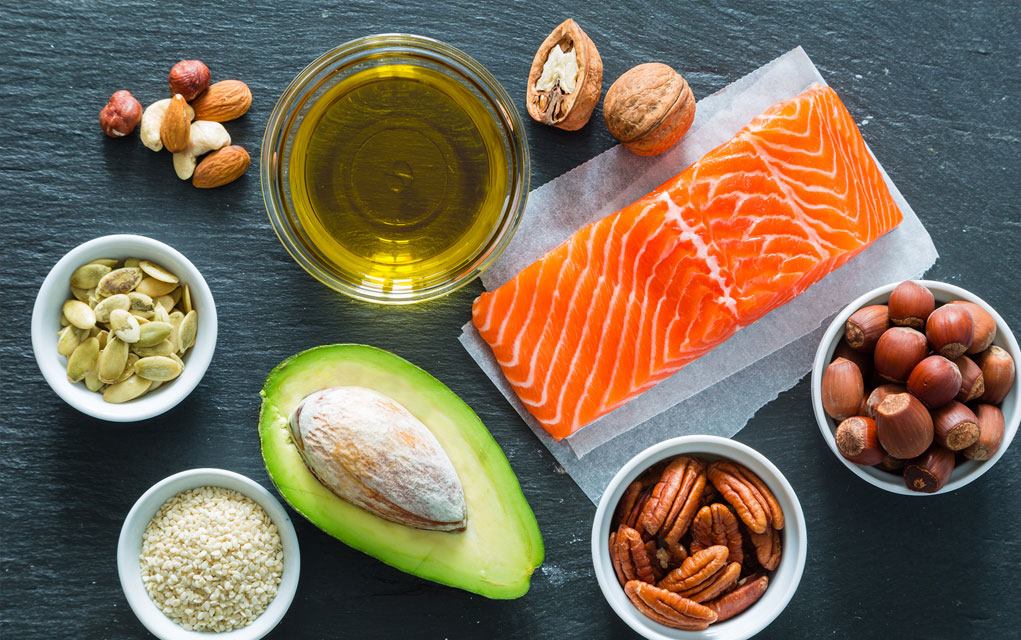Many of us stay away from fat, thinking that it's the single biggest cause of weight gain and heart disease. But is it really as awful as we think it is?
Fat’s bad reputation all started with the Seven Countries Study in the 1950s that showed a correlation between saturated fat and heart disease. Despite flaws in the study and contradicting findings by other experts, it influenced a huge food industry transformation which demonized fat and promoted fat-free, low-fat options for almost everything.
But what are the facts?
We NEED fat.
- Fat is an important fuel source and supports several functions of the human body. When we start life as babies, 50%-60% of the calories we get from breastmilk come from fat.
- You need fat to benefit from fat-soluble nutrients like Vitamins A, D, E and K and certain antioxidants
- Fat makes food taste better. This is why low-fat or fat-free food are loaded with sugar and additives to make them more palatable after fat is removed.
The fat you eat does not turn into fat in your body. Not always, anyway.
Everything you eat – whether carbs, fat or protein – can turn into fat in the body. Excess glucose from carbs, for example, can be stored as fat and then tapped as an energy source when needed. If we accumulate too much of it and don’t use it up for energy, then we gain body fat. Insulin also has a big role to play because insulin resistance can prevent your body from accessing fat for energy. This is why minding your macro consumption and regulating insulin response are important in fat loss.
Not all fats are created equal.
Dietary fats are either saturated or unsaturated. Both have their merits and one is not necessarily better or worse than the other. One should consider:
- Whether they are natural vs. man-made. Drop any product with the word “hydrogenated” on the label, as such fats are associated with inflammation, diabetes and other nasty things. Naturally occurring fats such as those found in avocados, nuts, olives and pasture-raised animals are better choices.
- How they’re processed. It’s easy to imagine squeezing oil out of olives or coconuts. But what about corn or seeds? Polyunsaturated Fatty Acids (PUFAs) in highly-refined vegetable and industrial seed oils are prone to rancidity and may cause oxidative damage to the body. If you prefer corn or canola oil for everyday cooking, opt for high-oleic versions which are more resistant to oxidation, or use coconut oil, palm oil or grass-fed butter instead.
- Omega 3 content. Omega 3 and 6 are both beneficial essential fatty acids, but too much Omega 6 can be pro-inflammatory. Increasing Omega 3 consumption can keep its negative effects in check. Nuts and seeds, quality fish oil and fatty cuts of grass-fed beef are great sources of Omega 3.
Fat is a necessary (and yummy!) part of our diet. As long as you choose healthy dietary fat sources and consume it in amounts that will support your health and body composition goals, fat can and should be your friend.







.png)

